Cell Reports
-

Glowing receptors help find and track cancerous growth
Under the microscope, they sparkle like emeralds, these molecules that may hold a key to understanding — and stopping — cancerous growth. Read MoreMay 18, 2017
-
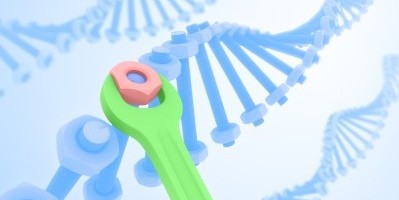
Study suggests new way to treat rare autism disorder
A protein that plays a powerful role in learning and memory may be a key to improving treatment of a rare autism spectrum disorder called Pitt-Hopkins syndrome (PTHS), a new study suggests. Read MoreAug 25, 2016
-
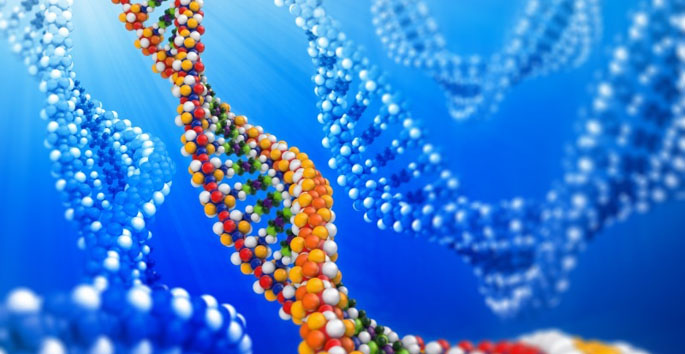
Transcription factor evolution
Vanderbilt researchers have discovered a novel model of evolution for factors that control gene expression. Read MoreAug 11, 2016
-
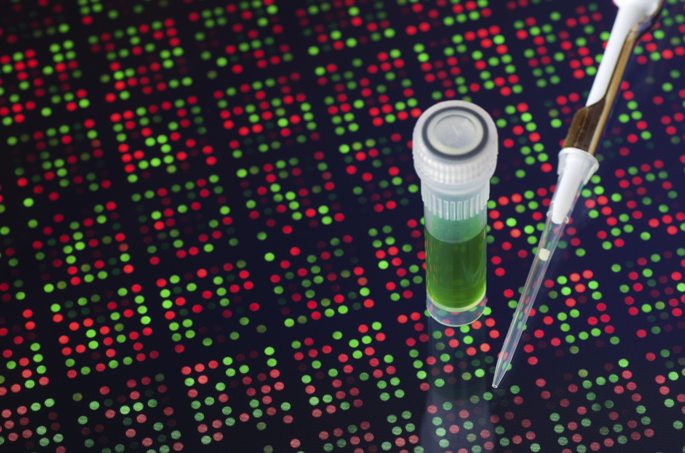
Breast cancer: finding the smoking gun
A new method developed at Vanderbilt may help “inventory” all tumor-promoting genes. Read MoreJul 20, 2016
-

It takes two to tango: beta cell development
Defining the genes required for the function of insulin-producing beta cells is crucial for ongoing efforts to develop a cell-based therapy for diabetes. Read MoreJun 23, 2016
-

An Argonaute’s voyage to cancer
A genetic mutation that promotes cancer development blocks the normal sorting of a protein called “Argonaute 2.” Read MoreApr 28, 2016
-

Findings offer new insight on how cell division proteins work
A family of proteins with critical roles in cell division, synaptic transmission and cell migration don’t all function the way scientists thought they did, according to two new studies led by Vanderbilt researchers. Read MoreJan 28, 2016
-

Cancer signaling pathway blocker
Researchers at Vanderbilt University have discovered a new way to inhibit Hedgehog (Hh) signaling, an important regulatory pathway for vertebrate development – and cancer. Read MoreApr 3, 2015
-

Natural ‘high’ could avoid chronic marijuana use, Vanderbilt study finds
Replenishing the supply of a molecule that normally activates cannabinoid receptors in the brain could relieve mood and anxiety disorders and enable some people to quit using marijuana. Read MoreDec 1, 2014
-
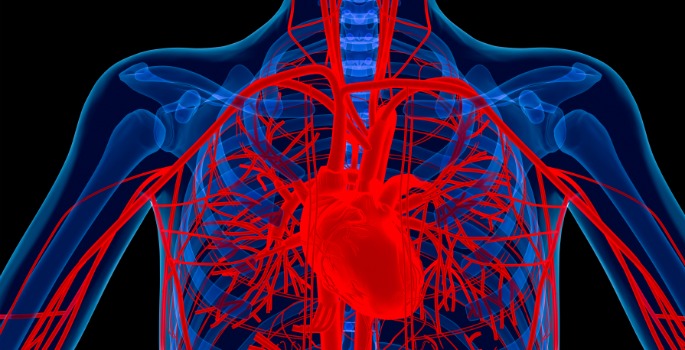
Study finds coronary arteries hold heart-regenerating cells
Endothelial cells residing in the coronary arteries can function as cardiac stem cells to produce new heart muscle tissue, Vanderbilt University investigators have discovered. Read MoreAug 20, 2014
-
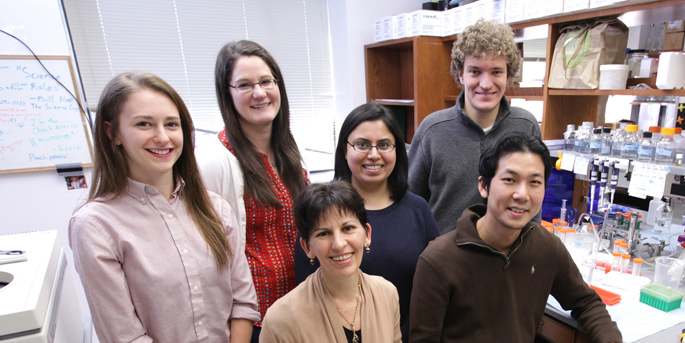
Cancer cells combine tools to increase invasiveness
Two features of invasive cancer cells — invadopodia and exosomes — are linked together, Vanderbilt University investigators have discovered. Read MoreDec 19, 2013
-
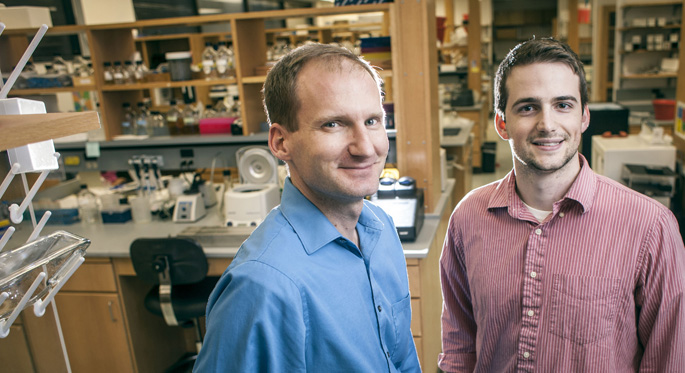
VU study sheds new light on DNA replication
David Cortez, Ph.D., and his Vanderbilt colleagues report new findings that shed light on fundamental processes involved in DNA replication and have implications for cancer therapies that target these processes. Read MoreNov 7, 2013
-
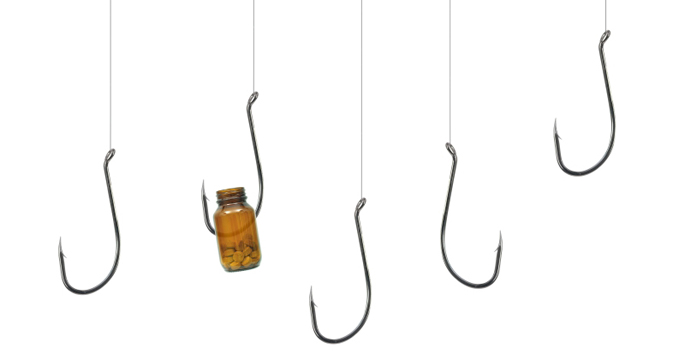
Fishing for new anti-cancer drugs
Vanderbilt investigators used an in vivo screen in zebrafish to identify a potential new anti-cancer drug. Read MoreSep 18, 2013